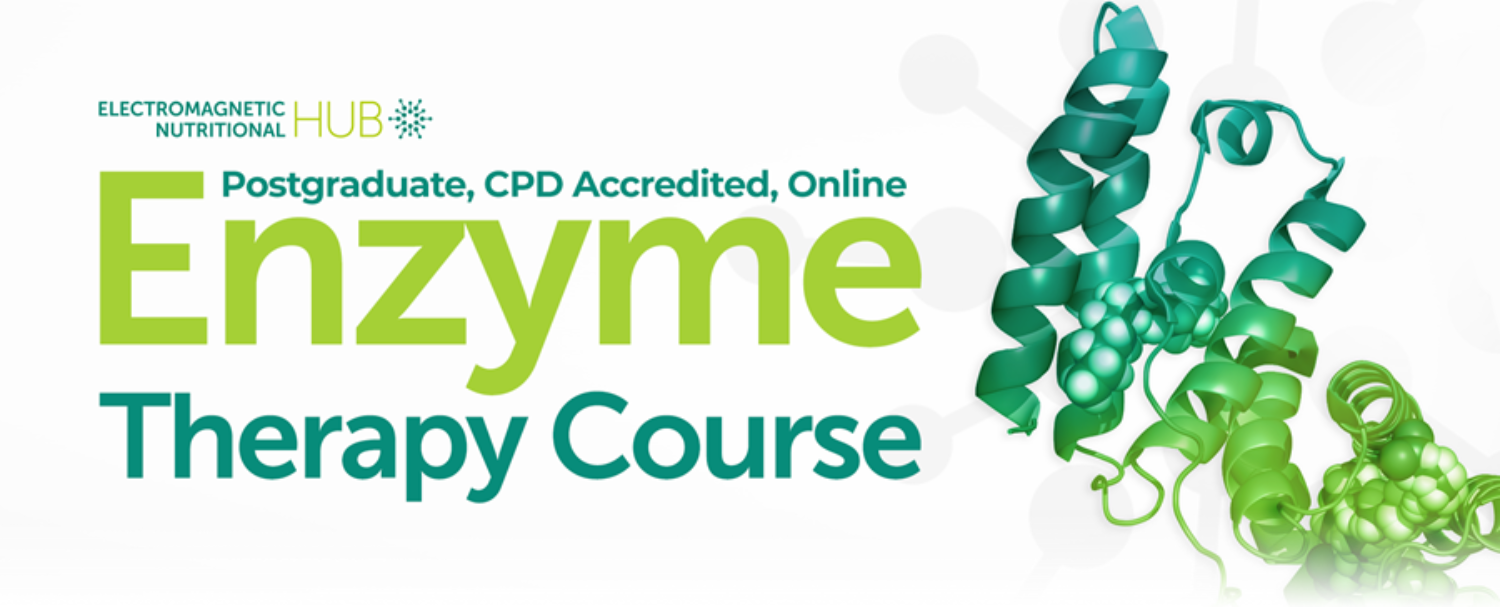The wonderful but complex world of vitamins and minerals includes information and discoveries that are only just beginning to be explained to the general public, or even fully appreciated by CAM practitioners! That includes the various categories of B vitamins, their purpose and ideal sources

Though our quality B-complex supplements are universal in their benefits, Methylated B vitamins require more explanation and exposure.
What does Methylated mean?
Methylation is a crucial biochemical process that occurs within the body, playing a vital role in various physiological functions. It involves the addition of a methyl group (CH3) to certain compounds, such as proteins, DNA, and neurotransmitters. The result of this catalytic process is gene expression, neurotransmitter activity, detoxification, and many other natural processes.
Clearly, ensuring that methylation takes place efficiently within the human body is advantageous. So logically, in recent years this has inspired growing interest in the role of methylated B vitamins in supporting optimal methylation.
Methylated B vitamins - also known as activated B vitamins – have already undergone the methylation process. This enables our body to absorb and utilise them swiftly and reliably.
This article will delive further into the fascinating world of methylation and explores the story behind methylated B vitamins.
B vitamins overview
This is a group of water-soluble vitamins that each make a vital contribution to our metabolic processes. They are closely tied to how our body breaks down fuel-yielding nutrients like proteins and carbohydrates, so a deficit is often associated with tiredness and low energy. They are also closely connected to our nervous system, and Folic Acid (B9) has been identified as an important protection against birth defects.
The main categories of B Vitamins are:
Thiamin (B1)
Riboflavin (B2)
Niacin (B3)
Pantothenic acid (B5)
Pyridoxine (B6)
Biotin (B7)
Folate/Folic Acid (B9)
Cyanocobalamin (B12).
(There are other numbers sometimes referenced, but research has revealed they are naturally created internally and not required from food.)
Some types of vitamins in the B group work in unison with each other – like a microscopic tag team – which is all part of the reason that a balance of B categories is so vital.
The body can store vitamin B, but only in a limited way, which demands a regular topping up of all variations, from our food or supplementation. However, as B vitamins are water soluble and a more ‘delicate’ nutrient, they can easily get destroyed or devalued by over heating or generally over processing foods rich in vitamin B. White flour is a good example, as much of the vitamin B content in wholegrains has been removed.
Some types of B vitamin can be consumed in a methylated form – like our B12 supplement. In some situations, this is beneficial, and this largely depends on your body’s methylation efficiency.
Understanding Methylation
Methylation is a complex process involving several enzymes, most notably methionine synthase and methyltransferases. These enzymes use various nutrients - including B vitamins such as folate (B9), vitamin B12 and vitamin B6 - as necessary co-factors for effective methylation.
For those readers who are technically minded - during methylation, the methionine synthase enzyme utilises methylcobalamin (methylated form of vitamin B12) along with methylfolate (methylated form of folate) to transfer a methyl group to a compound called homocysteine, forming methionine. Methionine then serves as the building block for numerous essential molecules in the body, including proteins, neurotransmitters and DNA.
To sum that up, methylation is a natural process that supports a healthy nervous system, immune function and cardiovascular health, as well as regulating gene expression and proper energy metabolism.
The Importance of Methylated B Vitamins
There are individuals who have a compromised methylation process, such as those with certain genetic variations (e.g. MTHFR gene mutations). In this case, the availability of methylated B vitamins taken as a supplement becomes especially crucial.
These genetic variations can result in reduced activity of the enzymes involved in methylation, leading to impaired methylation capacity. By providing methylated forms of B vitamins, individuals with compromised methylation can bypass potential roadblocks in the methylation cycle and ensure an adequate supply of methyl groups for various body processes.
Remember, methylated B vitamins are more easily absorbed and utilised by the body, as they do not require additional enzymatic conversion to become active.
The Benefits for Under methylators
Undermethylation is a term used to describe individuals who have elevated methylation activity, leading to an imbalance in neurotransmitter levels. These individuals may often experience symptoms such as anxiety, depression, obsession, and low motivation. In such cases, methylated B vitamins may be especially beneficial.
Methylated B vitamins can support the production of neurotransmitters, such as serotonin, dopamine, and norepinephrine, which play a crucial role in regulating mood and behaviour. By providing readily available methyl groups, methylated B vitamins can help restore the balance of neurotransmitters, potentially alleviating symptoms associated with undermethylation.
It is important to note that undermethylation is just one aspect of methylation and that individual responses may vary. Not everyone with undermethylation will necessarily benefit from methylated B vitamins, as there can be other factors influencing methylation as well.
Stress and methylated B vitamins
There is another potential reason why sourcing methylated B vitamin supplements ( that the body can use quickly and efficiently) could prove worthwhile, for some individuals.
Vit B is closely tied to our nervous system, and how we handle stress. Therefore, boosting access to active vitamin B may be helpful when individuals are facing periods of high stress and using up naturally occurring stocks rapidly.
Evidence to back this up includes a study by University of Reading researchers (published in Human Psychopharmacology: Clinical and Experimental). It found that young adults who took an elevated dose of vitamin B6 reported less anxiety. This “adds to the growing body of evidence supporting the use of such supplements to improve cognitive function, treat mood disorders, and hence boost mental well-being.”
Considerations for using Methylated B Vitamins
There needs to be a word of caution, however, before methylated B vitamins are viewed as some sort of ‘quick fix’.
For instance, individuals with over methylation, (characterised by excessive methylation activity) may not benefit from methylated B vitamins. Over methylation is associated with high levels of neurotransmitters, leading to symptoms such as heightened anxiety, irritability, insomnia, and hyperactivity. For these individuals, providing additional methyl groups through methylated B vitamins can potentially worsen their symptoms.
In such cases, finding other methylation support strategies under the guidance of a healthcare professional may be vital.
This throws the spotlight on the complicated story behind methylated B vitamins, and the intricate relationship between methylation and optimal health. There is still a long way to go to fully understand and harness the power of methylation, and potentially optimise overall well-being and support our body's natural biochemical processes.
Meanwhile, methylated B vitamins do offer a promising approach to helping individuals who have compromised methylation processes. Also, for some under methylators, methylated B vitamins can have significant benefits in restoring neurotransmitter balance and alleviating symptoms associated with undermethylation.
The key is to monitor the effects and seek professional medical advice if the results are substantially negative.
Additional sources:




